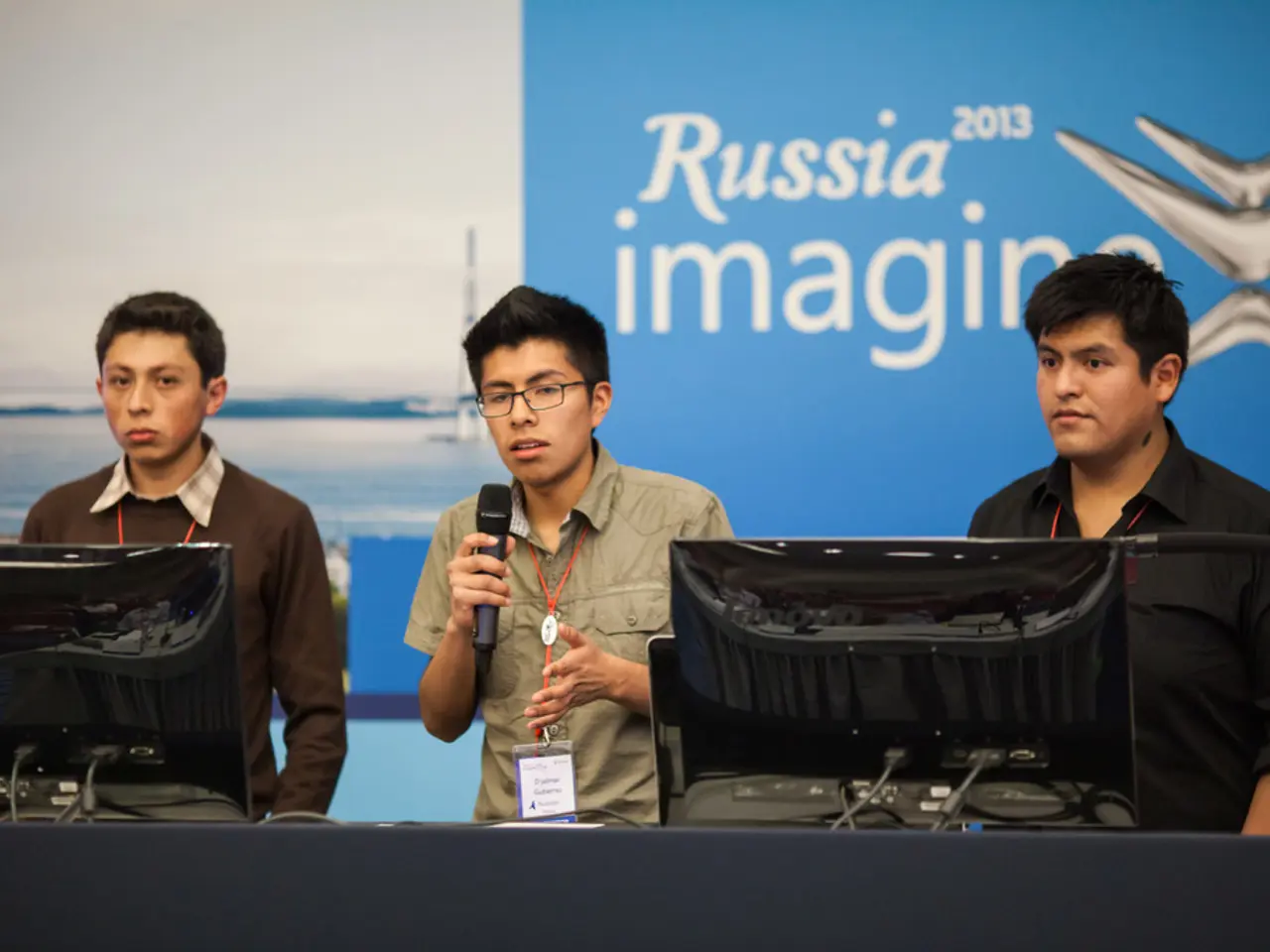Malaysian Prime Minister reinforces ASEAN's fundamental principles
Malaysian Prime Minister Anwar Ibrahim visited the ASEAN Secretariat in Jakarta this week, reiterating his country's strong commitment to the ideals and priorities of the association.
During his visit, Anwar acknowledged that ASEAN is navigating a fragmented global landscape marked by geopolitical competition and weakened multilateralism. However, he stressed that Malaysia, as a founding member of ASEAN in 1967, has consistently played a leadership role in shaping the bloc's strategic direction and shared future.
Anwar's visit marks Malaysia's fifth time assuming the role of ASEAN Chairmanship. In his policy address, he emphasized that ASEAN has fostered a region of peace, stability, and dynamic economic growth over nearly six decades.
Malaysia's historical significance in ASEAN is multifaceted. The country, along with Indonesia, Thailand, the Philippines, and Singapore, founded ASEAN in 1967 with the goal of fostering regional cooperation against geopolitical challenges such as the spread of communism during the Cold War. Malaysian leaders were among ASEAN's founding fathers, shaping its early diplomatic and cooperative frameworks.
One of the key aspects of Malaysia's historical significance lies in its commitment to economic integration. Malaysia has been pivotal in ASEAN’s economic integration efforts, notably endorsing schemes like the Common Effective Preferential Tariff (CEPT) in 1992, which laid the groundwork for the ASEAN Free Trade Area (AFTA). After the 1997 Asian financial crisis, Malaysia was instrumental in initiatives like the Chiang Mai Initiative to boost financial and economic cooperation among ASEAN countries and their neighbours.
Another important aspect of Malaysia's role in ASEAN is its bridging of regional and global partnerships. Malaysia’s leadership in hosting and driving innovative ASEAN-led initiatives underscores its role as a bridge between Southeast Asia and other regions. For instance, during its ASEAN chairmanship in 2025, Malaysia championed the inaugural ASEAN-Gulf Cooperation Council (GCC)-China Summit to institutionalize trilateral dialogue, linking ASEAN with major economic powers and regions.
Anwar called on ASEAN to further promote strategic trust, dialogue, and genuine unity in words and actions towards building a stronger, peaceful, and prosperous community. He urged ASEAN to remain proactive in upholding its principles, shaping global rules, expanding equal partnerships, and maintaining an independent voice.
During his visit, Anwar mediated tensions between Cambodia and Thailand over border issues, calling for dialogue to prevent conflict and loss of life. He was welcomed by ASEAN Secretary-General Dr. Kao Kim Hourn, the Secretariat's leadership, and Ambassadors and Permanent Representatives of ASEAN member states.
Anwar reaffirmed Malaysia's belief in dialogue, mutual respect, and a commitment to stability as ASEAN's core values. He highlighted that ASEAN's cooperation frameworks have helped maintain regional stability despite emerging challenges. The achievements of ASEAN, according to Anwar, are built on a foundation of trust, dialogue, and consensus-building.
In conclusion, Malaysia's visit to the ASEAN Secretariat serves as a testament to its steadfast commitment to the bloc's common agenda. As ASEAN navigates a complex global landscape, Malaysia continues to play a crucial role in shaping its strategic direction and future.
- Despite the global landscape's fragmented nature and weakened multilateralism, Anwar underscores Malaysia's consistent leadership role in shaping ASEAN's strategic direction and shared future, as emphasized during his visit to the ASEAN Secretariat.
- Anwar's call for ASEAN to promote strategic trust, dialogue, and genuine unity is a commitment to building a stronger, peaceful, and prosperous community, as he reaffirmed during his mediation of tensions between Cambodia and Thailand.
- ASEAN's achievements are built on a foundation of trust, dialogue, and consensus-building, as demonstrated throughout its history, from economic integration initiatives like the Common Effective Preferential Tariff (CEPT) to bridging regional and global partnerships, such as the ASEAN-Gulf Cooperation Council (GCC)-China Summit.








